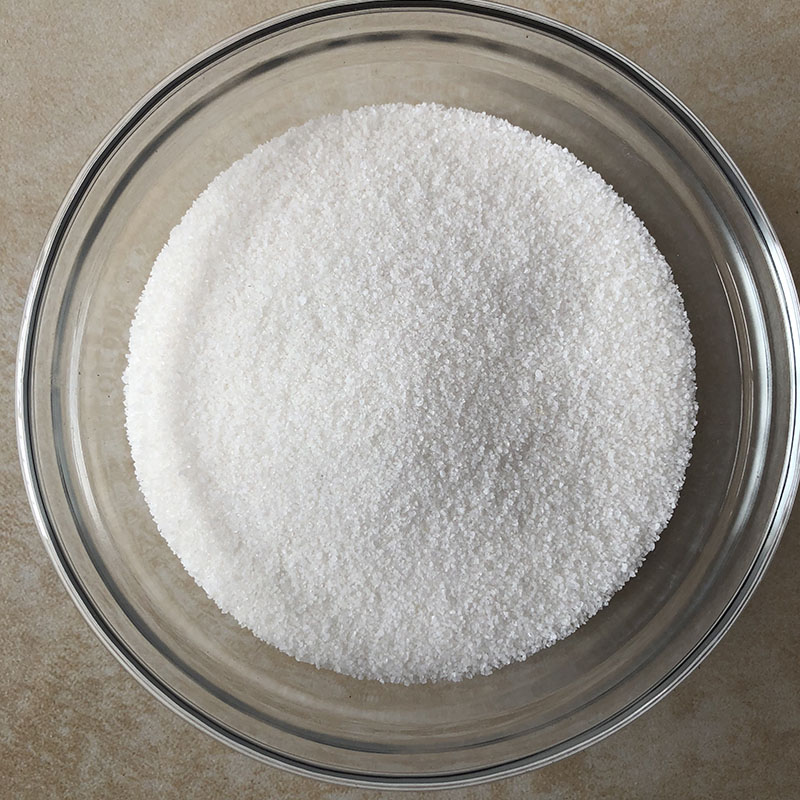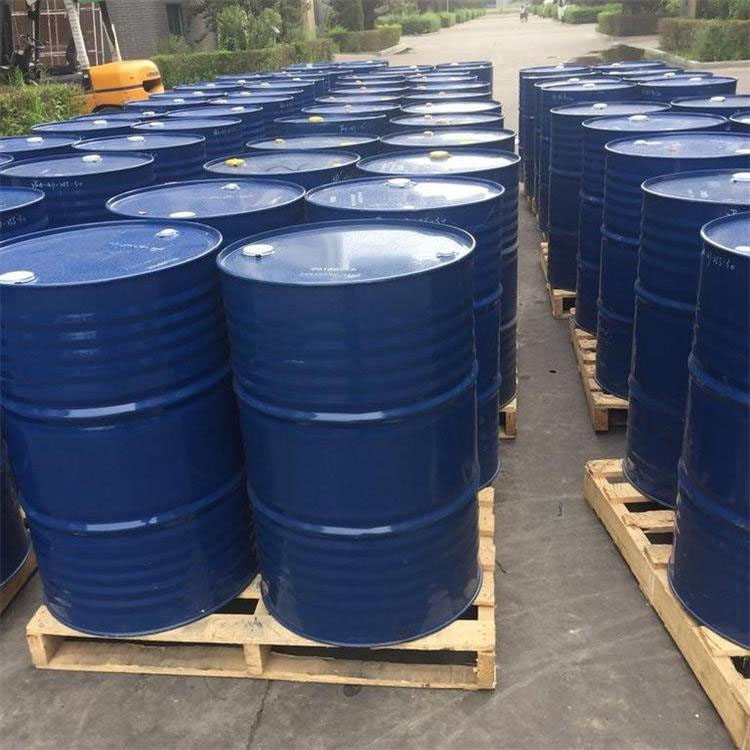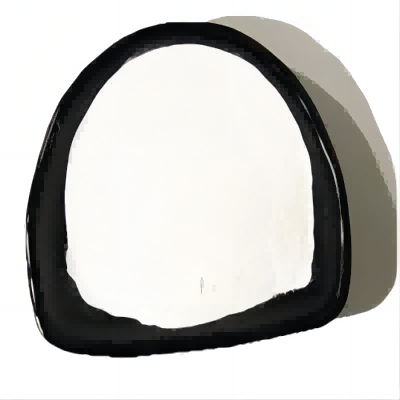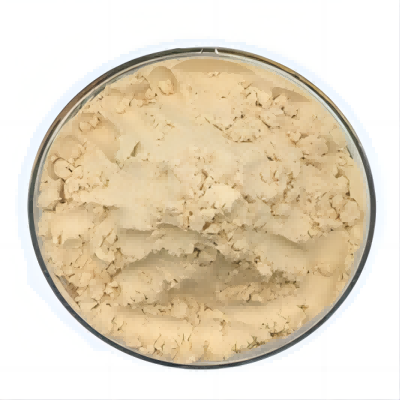Quinolinic acid CAS:89-00-9
Quinolinic acid has several important applications in research and potential therapeutic areas. Primarily, it is used as a biochemical marker in studies focusing on the kynurenine pathway, which is crucial for understanding the metabolic processes related to tryptophan. Researchers utilize quinolinic acid to investigate its role in neurodegenerative diseases. By studying its effects on signaling pathways, they aim to elucidate how excessive levels may contribute to neurotoxicity and cognitive decline. In the field of neuroscience, quinolinic acid is employed in experimental models to induce excitotoxicity in neurons. This helps scientists explore mechanisms underlying conditions such as Huntington's and Alzheimer's diseases, where glutamate-mediated toxicity is a significant concern. Furthermore, quinolinic acid is being examined for its potential as a biomarker for psychiatric disorders, particularly in assessing inflammatory responses that may influence mental health. Additionally, quinolinic acid has implications in drug development. Researchers are exploring its role in developing pharmacological agents aimed at modulating the kynurenine pathway to alleviate symptoms of depression and other mood disorders. Understanding its interactions with receptors and enzymes in this pathway could pave the way for novel therapeutic strategies targeting mental health conditions and neurodegeneration.






| Composition | C7H5NO4 |
| Assay | 99% |
| Appearance | white powder |
| CAS No. | 89-00-9 |
| Packing | Small and bulk |
| Shelf Life | 2 years |
| Storage | Store in cool and dry area |
| Certification | ISO. |









